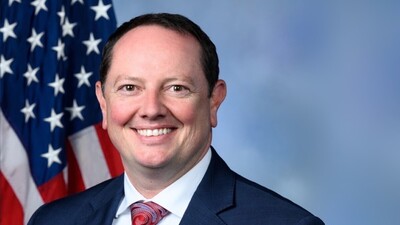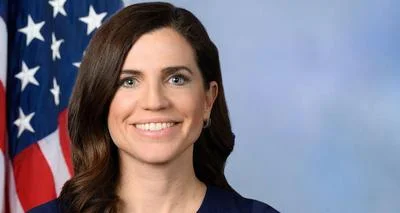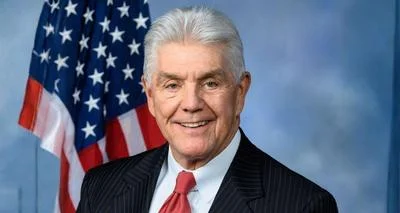Below are Ranking Member Hice’s remarks as prepared for delivery.
Thank you for calling this hearing on the future of the federal workforce. This is an important topic. It is appropriate for this subcommittee to take a good look at it from all perspectives.
While I appreciate the witnesses here today, I believe we should be talking with OPM directly. I am disappointed in the continued lack of administration witnesses at Committee hearings.
For that matter, we are going to be marking up an OPM-related bill tomorrow based on the National Academy of Public Administration report released in March of this year. It would seem we should have the benefit today of discussing related matters with them, too.
The federal government exists to serve the American people and we must ensure the federal workforce carries out this mission. But when we talk about the future of the federal workforce these days, it’s become code for talking about expanded telework and remote work arrangements for federal employees with little thought to how it impacts the American people. While the exigencies of COVID made such arrangements necessary, as the rest of the world returned to the workplace, the federal workforce was slow to do so.
In so many instances, there are calls for the federal government to “be a leader," but this was an instance when the federal government was not.
Now, the Biden Administration has made clear it wants expanded telework and remote work to be a permanent part of the federal landscape, using the practices of the private sector and the need to recruit as rationales. But there are differences between the private sector and federal agencies, and we need to keep these in mind.
It is important to understand these differences, as well as ways to ensure the American people - and the services they deserve and expect - are kept first and foremost in this debate. In some instances, such as with the Social Security Administration, the lack of in-person service during the pandemic has created real problems. The recent announcement that SSA will be reopening field offices in January strikes me as wholly inadequate after a sharp decline in benefit awards in 2020.
And, as we will hear from Mr. Biggs, SSA is one of the easier agencies for which to measure employees’ impact. What about others? How can we be sure agency missions won’t slip in the drive to provide more and more telework and remote working arrangements?
Above and beyond that, during the pandemic there were also real national security problems that emerged during expanded telework.
The Department of Defense Inspector General, for example, found DOD components that failed to provide sufficient network capacity, communication tools, and equipment to support increased telework.
The IG reported that some teleworking personnel turned to unauthorized video-conferencing applications and personal equipment.
As a result, there was increased risk of exposing sensitive DOD information that could impact DOD missions and national security.
Shouldn’t we be sure risks like that at DOD and elsewhere are eliminated before we support a government-wide expansion of telework and remote work?
Those are fair questions, and I would ask Chairman Connolly to work with me to get the answers.
Turning to legislation, I would like to discuss, the recently introduced Strengthening OPM Act and the expected Building the Next Generation of Federal Employees Act.
When the Trump Administration was rolling out its plan to shift responsibilities away from OPM to GSA and OMB, I was quite vocal - as was Chairman Connolly - in my frustration and demands that the administration provide more documents and justification.
But I was also vocal in saying we needed to take a holistic look at the problems facing OPM.
The history of OPM is one of underachievement, mismanagement and problems. In truth, OPM has struggled to perform its core missions. More than just OPM, the entire subject of human capital strategy in the federal government is one that requires a lot of careful attention. So, the whole rationale behind the select measures included in the Strengthening OPM Act, which we are going to consider tomorrow, is unclear to me.
I would point out that the bill’s attempt to “depoliticize" OPM diminishes a President’s ability to choose leaders who would carry out his or her vision. But the American people elect a President to make sure his or her vision is carried out. If OPM is going to be the federal agency deciding personnel policy issues and strategy, it needs to reflect the beliefs and wishes of the chief executive. We cannot allow an unelected, unaccountable bureaucracy dictate policy with no checks and balances. That’s not the way our system of government is supposed to work.
As for the Building the Next Generation of Federal Employees Act, I will say making it easier to identify internships and scholarships across federal agencies might make sense. But I want to learn more about the other various provisions in the bill as we move forward.
Again, I appreciate Chairman Connolly holding this hearing and look forward to the testimony of the witnesses.









